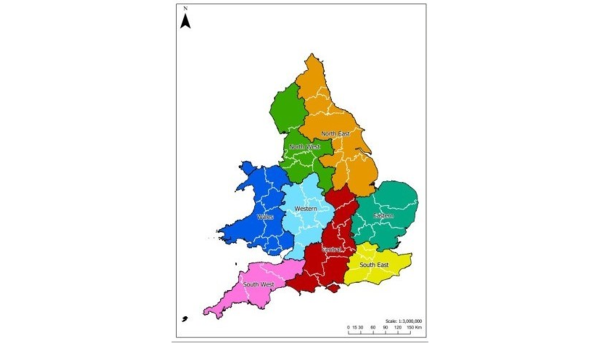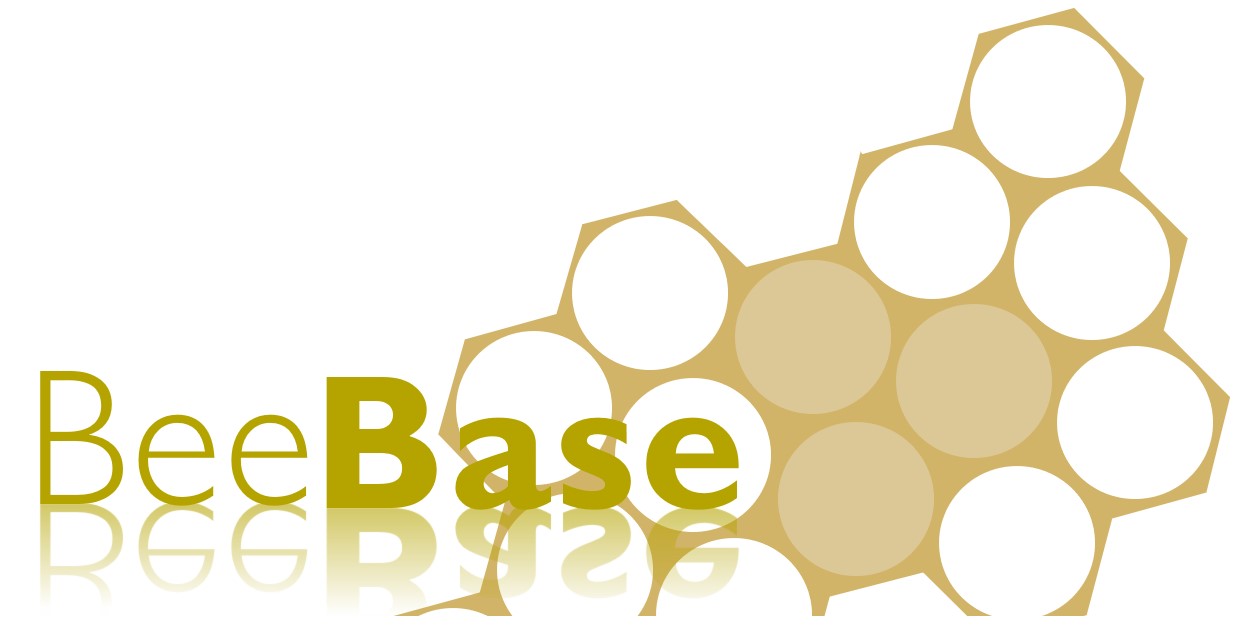The NBU has a team of Appointed Bee Inspectors (ABIs) based across England and Wales. The National Bee Inspector (NBI) manages a field service of eight Regional Bee Inspectors (RBIs) who are responsible for managing their individual regions and a team of approximately seven Seasonal Bee Inspectors (SBIs).

The RBI co-ordinates apiary inspections and a training programme for the region under the management of the NBI and the Head of the National Bee Unit. The NBI and RBIs are employed full time throughout the year, with SBIs employed during the beekeeping season.
Every Bee Inspector is an experienced practical beekeeper, with additional training in the recognition and control of bee pests and diseases. Inspectors also provide comprehensive training and advice on apiary management and good husbandry practice. As well as apiary inspections, Bee Inspectors assist with various research projects and field trials.
For contact details of your local Bee Inspector please see the Contact page.
What legal powers do APHA Bee Inspectors have?
APHA Bee Inspectors and other appointed authorised persons under the Bees Act 1980, the Bee Diseases Control Order 1982 (recently replaced by the Bee Diseases and Pests Control Order 2006) and the TARP regulations 2011, have the authority to:
- Enter premises where it is believed bees, hives, appliances and bee products are kept;
- Examine these items and take samples to determine whether they are free from infection;
- Mark any hive or appliance for identification purposes;
- Destroy colonies infected with American foulbrood or European foulbrood; and
- Treat colonies infected with European foulbrood.
